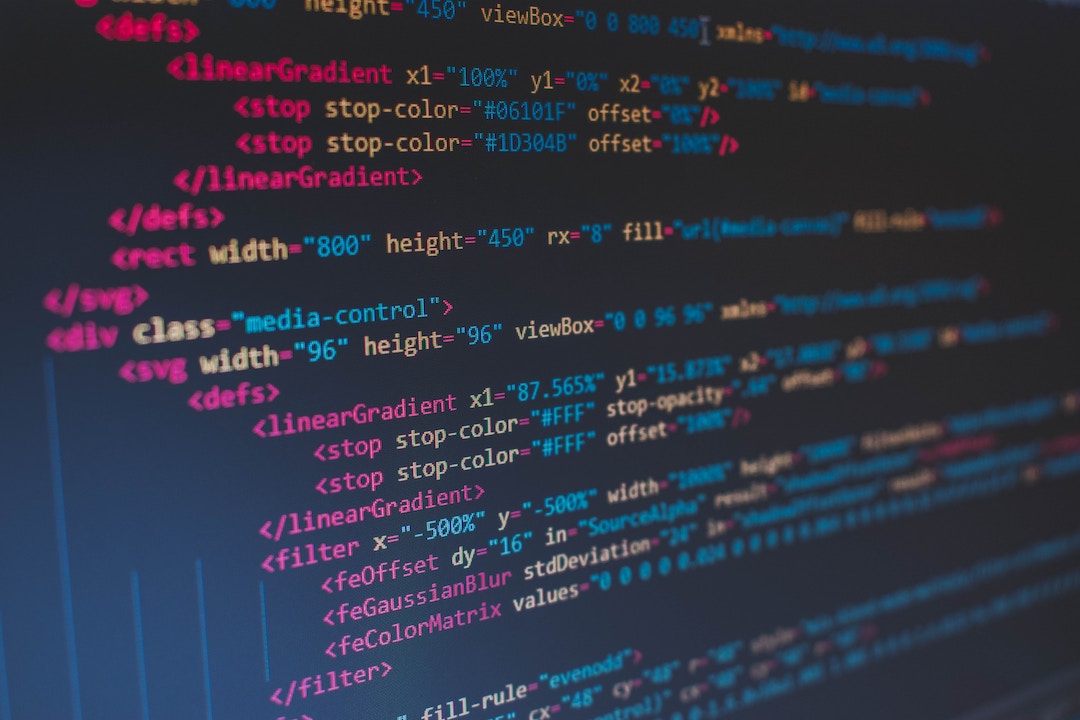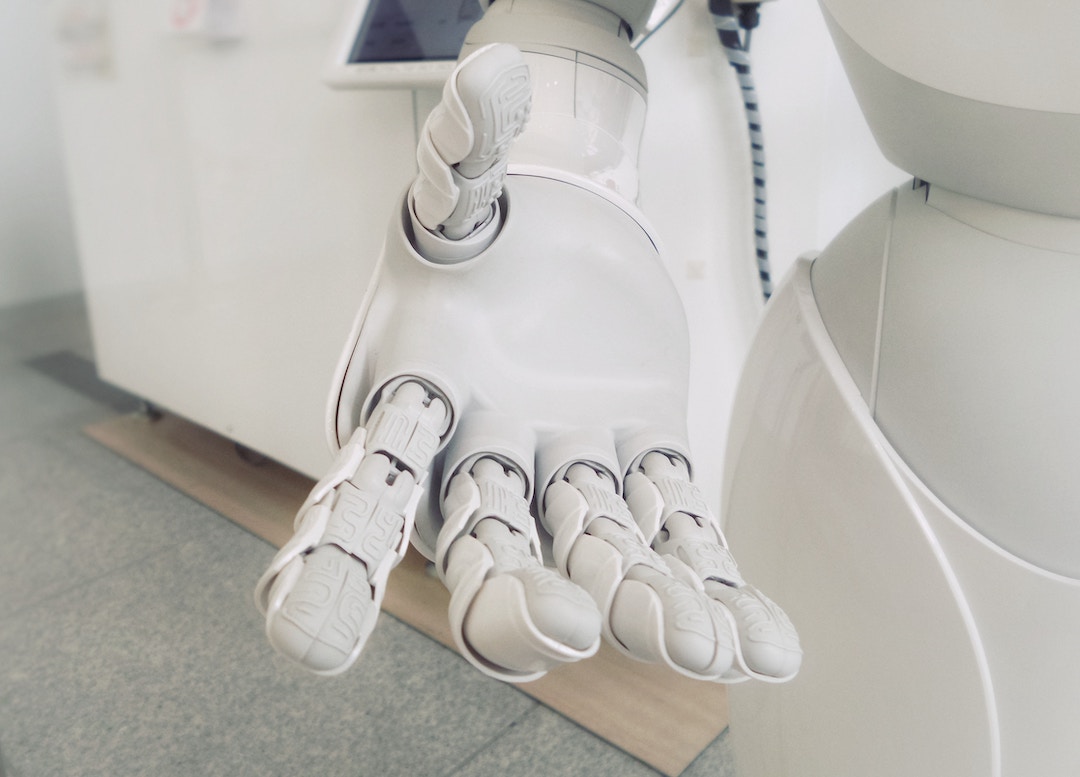Recently, experts from around the world have warned that the rise of AI could lead to our extinction.
This claim, supported by some of the biggest names in tech, has struck fear in global communities as we work to understand the limits and possibilities of our technology.
According to Professor Geoff Webb from the Department of Data Science and AI at Monash University, “extraordinary recent advances in AI have led to alarming predictions of existential threats to humanity.”
However, is this risk really as extreme as it seems? Can we track how AI is shaping humanity? And how can we find a balance between technological advancement and a complete technological takeover?

Risks of AI
Earlier this year, technology experts including the heads of OpenAI and Google Deepmind warned that continuing to develop AI capabilities could place humanity at risk of extinction.
In a statement published on the Centre for AI Safety, they suggested that “mitigating the risk of extinction from AI should be a global priority alongside other societal-scale risks.”
They argue that artificial intelligence has the capacity to impact the world, and many basic elements of AI safety have yet to be addressed on a large scale. But, what actually are the risks associated with AI?
Well, one major risk that has drawn public attention over recent months is the threat posed by hackers using AI to bypass security measures and break into vulnerable systems. In a recent study, it was revealed that since the beginning of 2020, there have been 2,784 data breaches that have put Aussies at risk. This includes the hacking of Optus and Medibank, which released the personal information of millions of Australians.
Another key risk is job displacement. With the introduction of AI automation across many sectors, the fear is that workers will become redundant as technology becomes capable of efficiently completing tasks. Already, AI is being used in customer service and business roles to monitor data and make recommendations, as well as engaging with patrons, but this power could continue to develop.

Benefits of AI
However, while these are just some of the serious concerns when it comes to AI, Professor Geoff Webb believes we need to acknowledge the positive impact of AI as well.
“There are so many risks associated with the new technologies, there are also so many benefits,” he says. “We need to do our utmost to control the risks while ensuring Australia shares in the many benefits.”
One such benefit is the power of data mining. Data mining is the process of sorting through huge sets of data to identify patterns. This can help businesses to solve problems and predict market trends, allowing them to make more informed business decisions. Technology allows this process to occur seamlessly and at a much quicker pace, meaning employees can focus on other more pressing tasks.
Similarly, AI is contributing to advancements in many industries, including banking and healthcare. This includes a better capacity to detect fraud, chatbots to improve customer service, and even AI-powered image analysis to assist doctors in diagnosing disease.
It’s clear that while we are still trying to comprehend exactly how much power AI may have over our lives, this technology is also helping to support development and simplifying our day-to-day experiences.

Looking forward
Overall, the rise of artificial intelligence is a complicated and controversial topic.
According to Professor Geoff Webb though, experts are exaggerating the need to panic.
“There are good reasons to be concerned, but predictions of the ‘end of humanity’ are overblown.”
“Be alert, not alarmed. Instead of being paralyzed by fear we should seize the opportunities by investing in training to enable our workforce to best benefit from the power of AI, and invest in research so that we can adapt technologies to serve our national interest.”
He suggests we can find a middle ground where AI supports development without completely taking over. But this means educating professionals and the public, creating a global awareness about the power of AI.
Either way, with technology constantly being developed and reinvented, it will be interesting to see how AI continues to integrate itself into our lives over the coming years, and what impact that has on the future of humanity.
Want to learn more about how AI is shaping humanity? Click here to discover its role in more Aussie industries.

